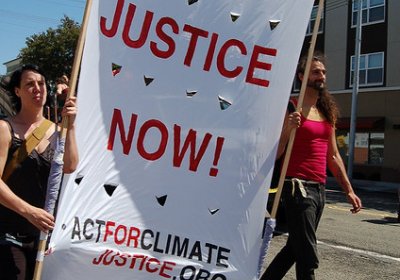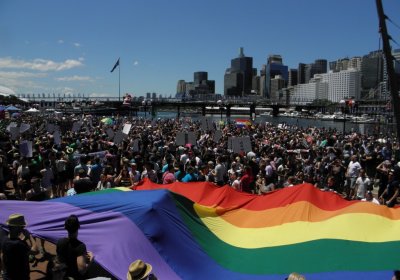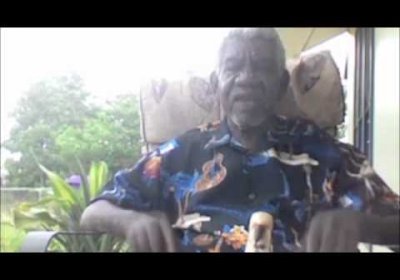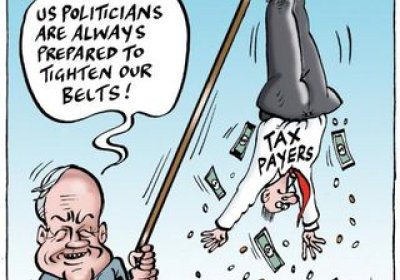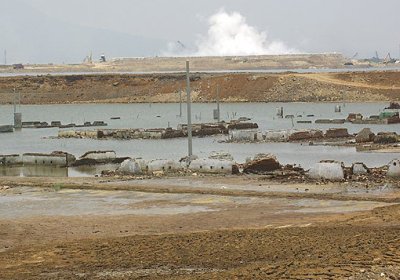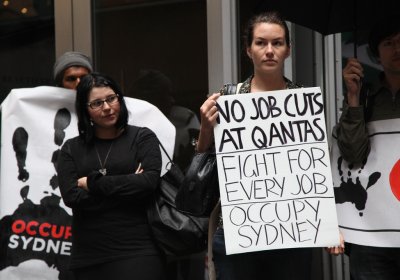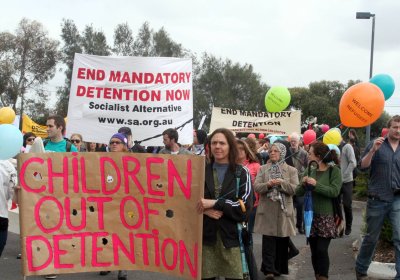After a year of ferocious debate, the New South Wales Greens decided on December 4 to retreat from supporting the global pro-Palestine Boycott, Divestment and Sanctions (BDS) campaign.
It does not mean the NSW Green Party has abandoned all support for the Palestinian struggle for justice, but it marks a setback for the left inside the Greens and the pro-Palestine movement in Australia.
Analysis
A task of the United Nations Framework Convention on Climate Change, now under way in Durban, South Africa, is to extend earlier policy decisions that were limited in scope and only partially implemented.
These decisions trace back to the U.N. Convention of 1992 and the Kyoto Protocol of 1997, which the U.S. refused to join. The Kyoto Protocol’s first commitment period ends in 2012. A fairly general pre-conference mood was captured by a New York Times headline: “Urgent Issues but Low Expectations.”
Despite a significant, if partial, win for the marriage equality movement, the right-ward shift of the Australian Labor Party (ALP) continued apace at its recently concluded national conference.
Rev Dr Djiniyini Gondarra responds to the 'second intervention' otherwise known as 'Stronger Futures in the NT', a new Commonwealth Government initiative which will maintain key powers introduced through the NT Intervention.
Prime Minister Julia Gillard’s imminent $90,000 pay rise is more than twice the estimated median wage of all Australian full-time or part-time employees, aged 15 years or over. More than half of all Australian workers have a yearly pay packet smaller than the PM’s expected pay rise.
The $40,000 pay rise expected for backbenchers will also be more than the total wage of many Australian workers.
In the face of a broad and growing campaign, rhetoric from the NSW government is beginning to match some of the risks when it comes to coal seam gas (CSG) mining. This begs the question: what is being done when it comes to CSG?
In an interview about CSG mining on December 1, NSW Premier Barry O’Farrell told 2GB’s Alan Jones: “I don’t intend to allow — particularly after the drought we went through over a decade — mining or any other activity to threaten water resources.
At present, there are no long-term health studies into the nano-ingredients used in many sunscreens. As with all emerging technologies, scientists simply haven’t had enough time to perform these experiments.
When recently confronted with the growing levels of public concern about untested nano-sunscreens, the Australian government continued to sit on its hands.
Australian energy company Santos has met determined resistance to its coal seam gas operations in Australia. It is less well known that Santos was one of the companies responsible for a monumental environmental catastrophe in Indonesia in 2006. The accident drowned villages in the Porong subdistrict of Sidoarjo in mud, and displaced up to 50,000 people.
Most environmentalists would agree consumerism and consumer culture put too heavy a burden on the planet. Consumer spending is central to the economy, which is why economists and governments also pay it close attention.
But most mainstream economists say endless economic growth, which implies limitless consumption, is both possible and desirable. This ignores how it helps fuel our ecological problems.
Today, most things sold on the market are made to be thrown out and replaced. A big part of economic activity is made up of selling products “designed for the dump”.
The phrase “organise, don’t agonise” has become a bumper sticker, a popular slogan in the feminist movement, the title of many speeches, conferences and newsletters. African-American civil rights activist Florence Rae Kennedy coined the term. Gloria Steinem quoted her in Ms magazine in 1973.
Since then, this powerful slogan has circumnavigated the world many times — used by many activists and movements.
It has lasted because the slogan reasonates strongly with the condition of the oppressed, exploited and persecuted.
Occupy began as a movement against the effects and causes of the global economic crisis and against the austerity measures pushed by governments for the benefit of the 1%. In Australia, many people were inspired by Occupy Wall Street in New York and the global movement it had sparked.
When an international call for action on October 15 came out, we responded, and began our own occupations here.
It is now common knowledge that Australian adult prisons are incarcerating children as young as 13. The major obstacle for human rights advocates struggling to free these children from our adult prisons is the Australian government and the horrific prejudices and stereotypes they have shoved down Australians’ throats.
- Previous page
- Page 420
- Next page

